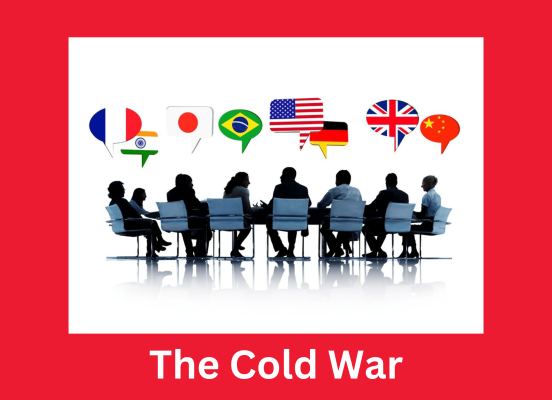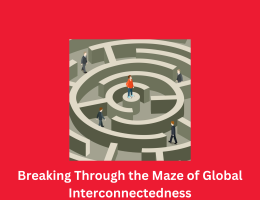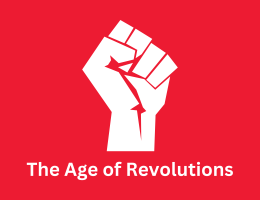
The Cold War: Ideological, Political, and Military Confrontation between the United States and the Soviet Union
- By admin --
- Thursday, 07 Mar, 2024
Introduction:
One of the most significant geopolitical conflicts of the 20th century was the Cold War, which raged from the end of World War II until the Soviet Union's collapse in 1991. For a very long time, the Cold War—which was characterized by ideological rivalry, political intrigue, and naval posturing—brought on international family members with the beneficial resource of influencing neighboring wars and international sports.
Ideological Divide:
The ideological battle among capitalism, as represented by way of manner of the us and its allies, and communism, as supported thru the us and its satellite tv for computer states, end up on the center of the Cold War. The superpowers' suspicion and animosity have been pushed via their divergent political ideologies, financial structures, and conceptions of the area order. The Soviet Union pushed for the growth of socialist thoughts and country control of the economic machine, at the equal time as the united states supported democracy, loose markets, and man or woman liberties.
Political Maneuvering:
There were numerous fronts wherein the Cold War emerge as fought, together with espionage, proxy conflicts, and diplomatic discussions. With the Iron Curtain serving as a photo of the partition of Europe into Western and Eastern blocs, tensions elevated. The global's partition into rival regions of have an effect on have turn out to be similarly cemented with the creation of army alliances much like the Warsaw Pact and NATO. In locations like Korea, Vietnam, and Afghanistan, in which the united states and the us supported rival corporations in violent confrontations, proxy wars sprung out.
Military Posturing:
Nuclear proliferation and the arms race were modeled in the midst of the Cold War era when superpowers sought to demonstrate sea power and intimidate capable adversaries. It was a metaphorical battle.
Impact on World Affairs:
The Cold War had a lasting impact on families in a world period, which was in the formation of alliances, competition and geopolitical dynamics due to the location effects of competing groups Arms crisis: in the dangers of superpower opposition to the Focus interest replaced it dangerously close to nuclear war. The Cold War had a similar effect on decolonization efforts, however, the ongoing theoretical reality is that independent countries today need to talk further with the superpower.
Regional Conflicts:
While we have been struggling with the US for dominance in key areas, the Cold War led to some of local wars and rebellions. United States support of United States South Vietnam in opposition to communist forces supported via the Soviet Union and China The Vietnam War came to represent opposition to Western imperialism in Southeast Asia At one factor inside the Arab-Israeli war inside the Cold War war within the Middle East, in which we supported Israel, America supported the Arab states.
Conclusion:
Leaving at the back of a legacy of instability, distrust and department, the Cold War became a practical issue that fundamentally changed the direction of worldwide politics, society, and life Even although the Cold War ended with the Soviet Union collapsed, however its influence continues to be glaring in current global politics By analyzing the ideological, political and military aspects of the Cold War, we are able to apprehend the intensity of notable power competition within the multilateral international arena and the sustainable battle for security and peace properly.





